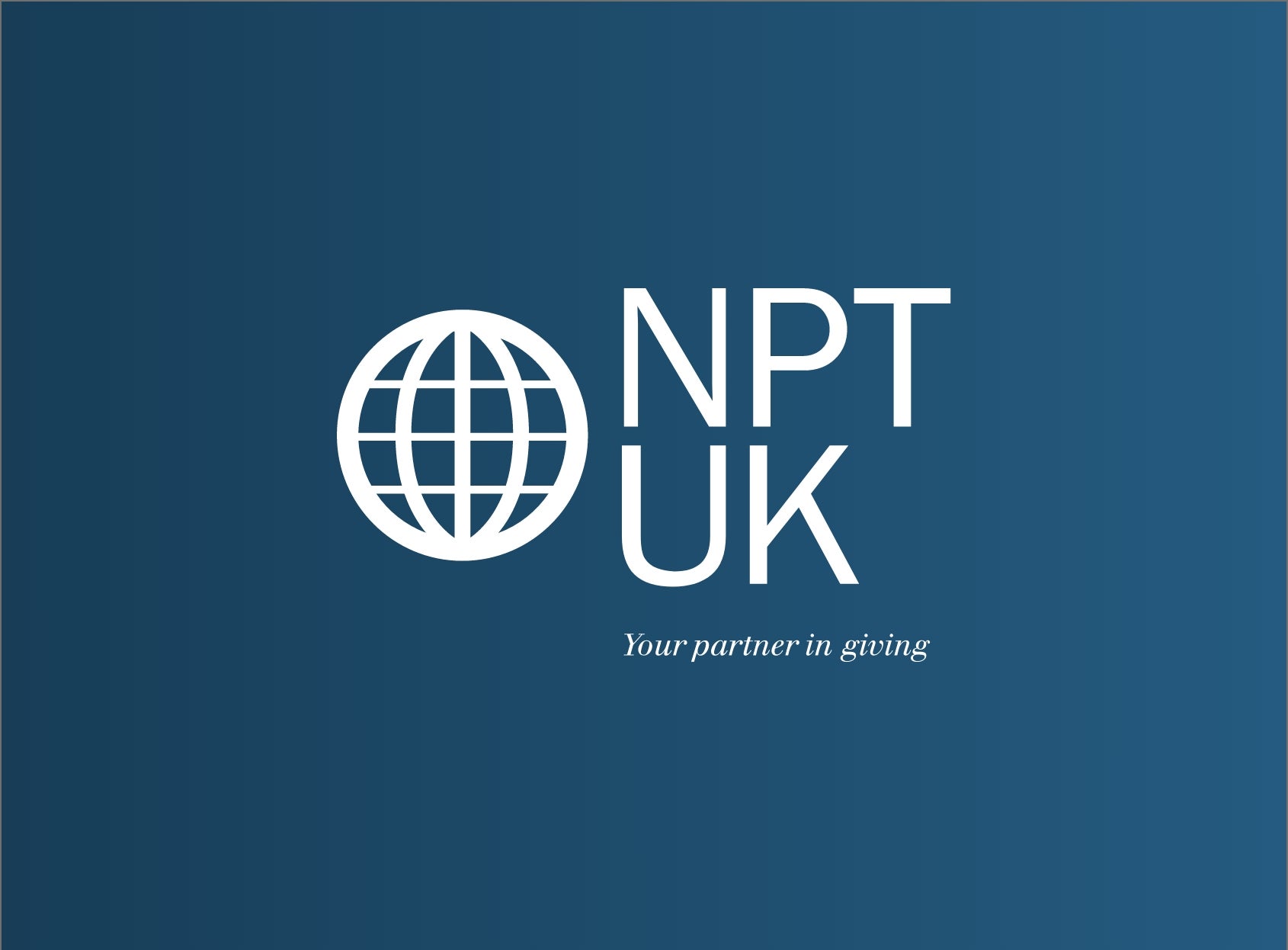The Global Rise of Structured Philanthropy

We live in a ‘global age of philanthropy’ according to Harvard Kennedy School’s recently published The Global Philanthropy Report: Perspectives on the Global Foundation Sector. The report notes the “growing number of philanthropists [who] are establishing foundations and other giving structures to focus, practice, and amplify their social investments.”
This observation agrees with our experience at NPT UK and research from our Donor-Advised Fund Report. Although the Harvard study’s data focuses on foundations, other philanthropic structures, such as donor-advised funds, are also on the rise globally. A donor-advised fund is a flexible alternative to a private charitable foundation. In the US, charitable assets in donor-advised funds have surpassed $85 billion and the number of funds has grown over 6 percent each year since 2012. In the UK, contributions to donor-advised funds increased 22 percent last year. Outside the US and UK, donor-advised funds go by many names—“sheltered foundations” (e.g. les fondations abritées), “umbrella foundations” (e.g. Dachstiftungen), “hosted philanthropic funds,” “endowment funds”—but their purpose is the same: allow a donor to enjoy their giving and focus on desired outcomes without the burden of the structural, administrative or management responsibilities that often come with running a grantmaking foundation.
The Harvard report also highlights the current trend of collaboration between philanthropic institutions. In the study, 42 percent of respondents indicate that they collaborate with other philanthropic institutions. We see a similar trend in donor-advised funds. A growing number of philanthropists are recognising the importance of collaboration and partnership and moving towards a multi-donor model that allows for peer learning, co-development and co-funding with other philanthropists.
The study notes, “[t]here appears to be a growing belief that institutional philanthropy can encourage more strategic investment approaches; facilitate collaboration; serve as a role model for others; and, in sum, have greater impact on the economic and social challenges being addressed.” As this trend continues, private philanthropy will increasingly play a larger role in society and philanthropic structures—both foundations and donor-advised funds—will be essential in delivering the desired social impact.

